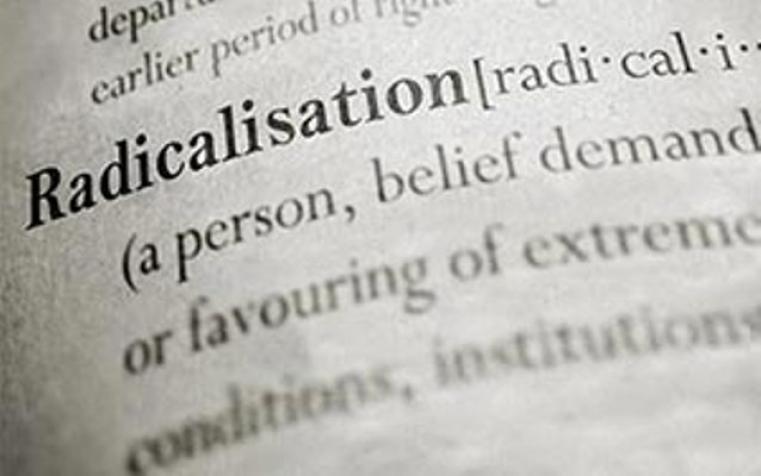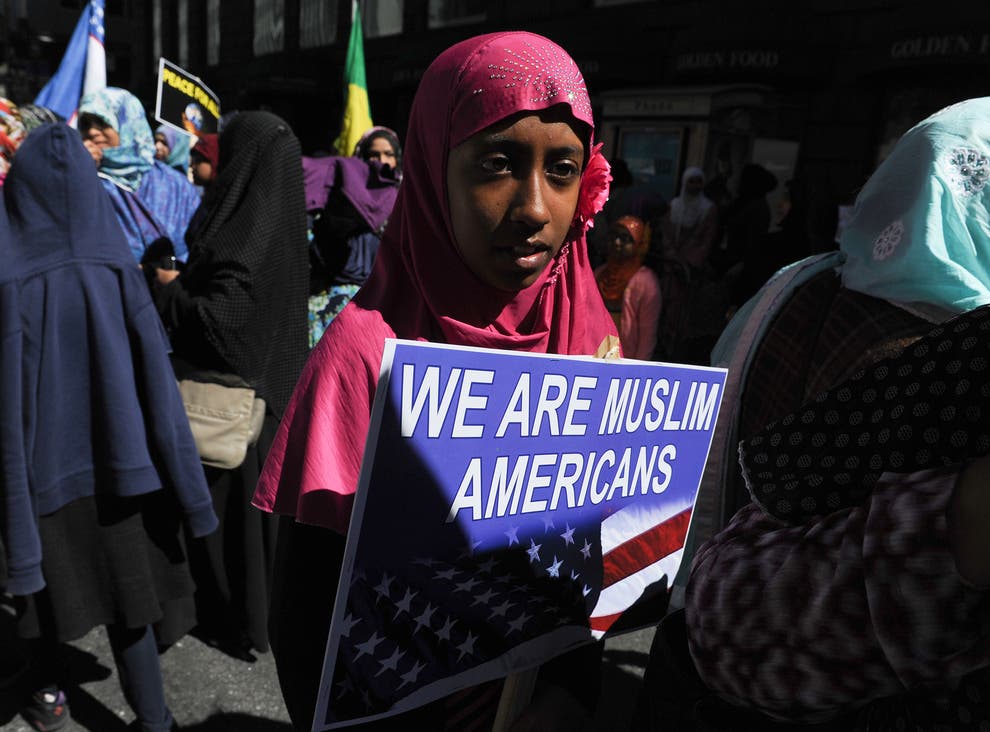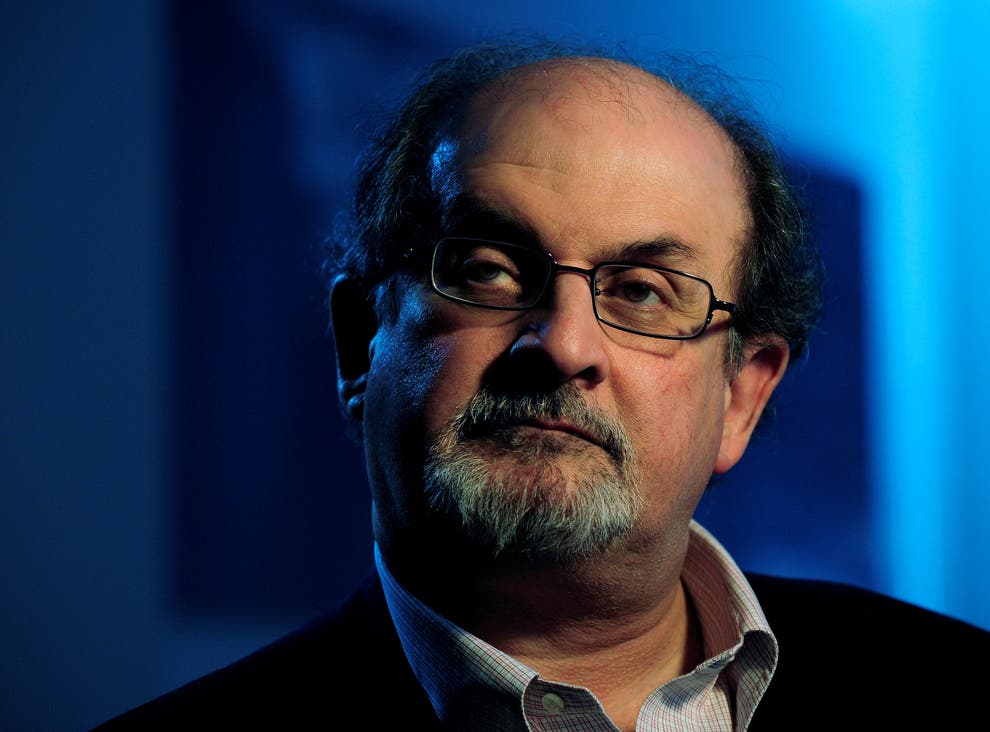Maj. Nidal Hasan and many of his victims in the Fort Hood shooting seem to want the same thing — his death. But while survivors and relatives of the dead view lethal injection as justice, the Army psychiatrist appears to see it as something else — martyrdom.
As the sentencing phase begins Monday following Hasan’s conviction for killing 13 people in the 2009 attack, the conflict has not gone unnoticed.
Autumn Manning, whose husband, Shawn Manning, survived being shot six times, views the death penalty as a double-edged sword. On the one hand, Hasan would get what he deserves. On the other, it also gives him exactly what he wants.
In the end, she said, it makes little difference because the military has not executed anyone since the 1960s.
The attorneys protested, telling the judge he had a death wish and was paving the way for his own execution. The judge rejected their request to take over the case or to leave Hasan on his own.
Hasan, a U.S.-born Muslim of Palestinian descent, has indicated that martyrdom is a goal.
Martyrdom manifests itself in the Islamic holy book, the Quran, in two ways, said Emran El-Badawi, director of the Arab studies program at the University of Houston.
The shahid — or martyr — is adopted in one sense from Christianity and other early religions as someone who dies for the faith and goes to paradise alongside prophets and saints. Martyrs also appear in the Quran as fallen soldiers or those who died in battle, he said.
This modern concept of a martyr “is incoherent. It is unstandardized, and it is messy,” El-Badawi said, but it has been exploited by extremist groups like al-Qaida to encourage suicide attacks, even though some of Islam’s most prominent religious leaders have condemned this type of warfare.
Hasan apparently communicated with some al-Qaida leaders prior to the attack on the Army post and has repeatedly stated that the rampage was designed to prevent U.S. soldiers from going to fight in unjust wars in Iraq and Afghanistan. Hasan was to be deployed with some of the troops he killed.






